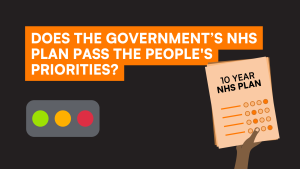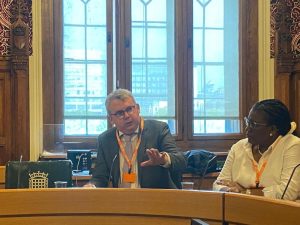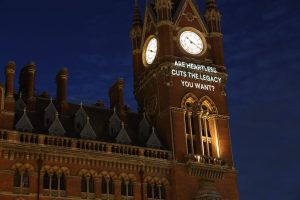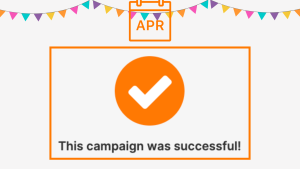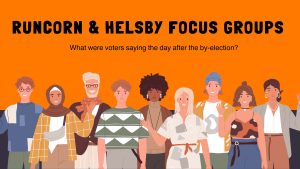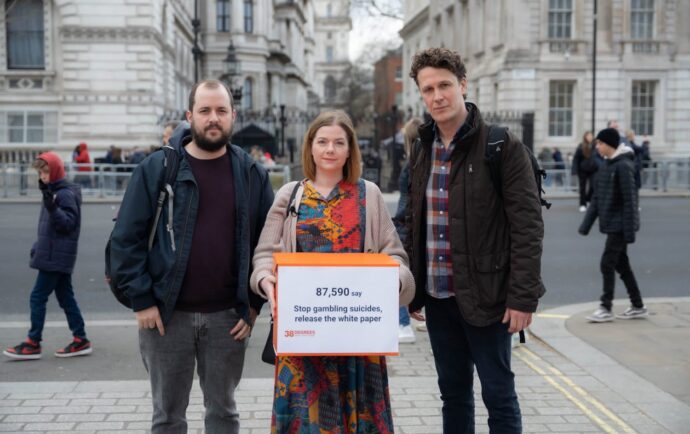
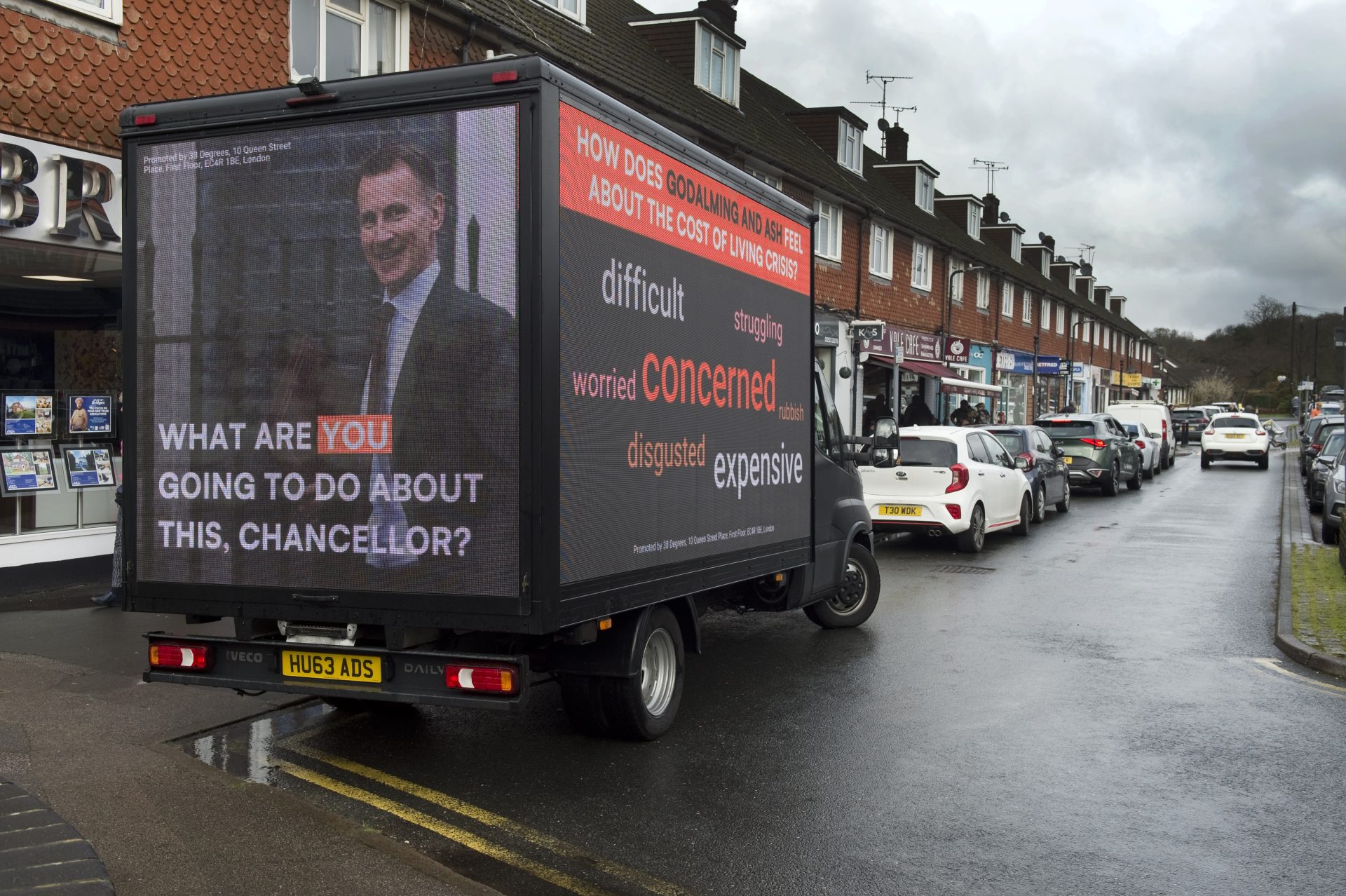
Mar 7th, 2024
‘This will not help me’: Voters’ damning verdict on Spring Budget as tax cuts fail to stack up against NHS and cost of living crises
By 38 Degrees team
A snap study of voters suggests the Spring Budget has failed to win over the country – with tax cuts unable to stack up against the twin crises in the cost of living and the NHS.
Conducted in the wake of Chancellor Jeremy Hunt’s budget announcement on Wednesday, the rapid response voter panel study offered a “generally negative” response to headline policies, according to the pollsters who carried it out.
Polling firm JL Partners carried out the research in the hours after the speech on behalf of the 38 Degrees community, using a pioneering update to traditional snap polling to poll same-day qualitative reactions to breaking news.
The poll was funded by small donations from hundreds of 38 Degrees supporters right across the country. As a community of more than a million people, we come from all walks of life; we’re nurses, taxi drivers, parents, shopkeepers, pensioners and more. We’re people powered – and we want to make sure the voices of real people, from all ages, and across the country are heard by those in power, on the issues, and in the moments that matter most to us.
So what did voters make of Jeremy Hunt’s budget?
Asked how about the biggest financial concerns they were facing and how their financial situation compared to how it was a year ago:
- An 80-year-old retired woman from Oxford, who voted Conservative in 2019, said: “I have a state pension. The two cuts in national insurance do not apply to me. The rise in state pension in April is already wiped out by higher water, council tax , electricity and oil prices. I will be worse off.”
- A 47-year-old unemployed woman from Cardiff, who voted Labour in 2019, said: “I can barely cover my living costs, my finances this year are worse than last year. Electricity, gas and fuel prices are taking a lot of my money and the increase in the cost of living is taking its toll with grocery prices being so high.”
Asked if the budget addressed these concerns:
- A 57-year-old male teacher from Liverpool, who voted Labour in 2019, said: “The reduction in national insurance is welcome, but I realise, as do most others, that this comes with a cost in terms of public services.”
- A 46-year-old male company director from London, who voted Conservative in 2019, said: “No this will not help me apart from reducing national insurance contributions but mortgage rates still far too high.”
- A 40-year-old male insurance advisor from Brighton said: “It goes someway with the NI cut but feel they should spend more on the NHS as it [is] struggling at the moment.”
Asked for their opinion on the 2% cut to National Insurance:
- A 36-year-old cleaning supervisor from Plymouth, who voted Labour in 2019, said it was a: “Bad idea [the] NHS needs all the funding it can get.”
- A 59-year-old male aircraft engineer from Lutterworth said the Chancellor: “Would have been better spending the money on improving public services instead of this political move.”
Asked how this Budget would affect their chances of voting Conservative at the next general election:
- A 65-year-old housewife from Norwich, who voted Conservative in 2019, said that she: “Always said I would vote Conservative but beginning to doubt this.”
- A 30-year-old female IT worker from Newcastle, who voted Conservative in 2019, said: “Until I see great improvement in this government, I don’t think I will vote for the Conservative[s].”
Asked whether the Budget was sufficient to address the challenges facing the NHS:
- A 58-year old Optometrist from Bournemouth, who voted Conservative in 2019, said: “No. They need better / more equipment and the Government needs to resolve the junior doctors issues. Staff are leaving in droves, morale is at an all time low. The largest GP surgery in Bournemouth recently closed because all six GPs chose to retire or leave the service. It’s never been as bad as this and it’s a disgrace.”
- A 26-year-old female customer service worker, from Maidstone, who voted Conservative in 2019, said: “I don’t think the budget is enough to address the challenges faced by the NHS. The NHS is understaffed so I think providing more job opportunities within the NHS will be able to address those issues.”
This Budget was one of the last moments before the election to deliver the change this country is crying out for – change for our NHS so that millions of us aren’t left waiting and anxious for the care we need. Change that means kids aren’t going to bed hungry and cold, while energy giants’ profits soar – and change that means we all don’t just survive to the end of each gruelling month, but instead we can get back to actually living a little.
But the real-time verdict from our panel of voters, from different walks of life and different political persuasions is clear: they aren’t convinced.
We don’t know when the election will be called, but we do know that two issues will dominate at the next election – NHS and the cost of living. Our research shows us that not only are these the issues 38 Degrees supporters care most about, they’re also the issues that the wider public are focused on. That’s why, throughout this year, you can expect to see 38 Degrees and our supporters relentlessly shove these issues into the spotlight, and demand outcomes that improve all our lives at the next election.
As we approach the next general election, politicians must take heed of what poll after poll and focus group after focus group is showing: tackling the NHS and cost of living crises are the issues voters care most about – political parties that ignore this can expect to be punished.
Methodology
The JL Partners/38 Degrees Rapid Response Voter Panel was used to ask a sample of 101 UK adults online to share their instantaneous reaction to breaking news. In an update on traditional focus groups, JL Partners ask people to explain their views and dig underneath the surface of support or opposition. The sample is collected using web-intercept polling in accordance with MRS and BPC guidelines and data tables are available shortly after publication.




